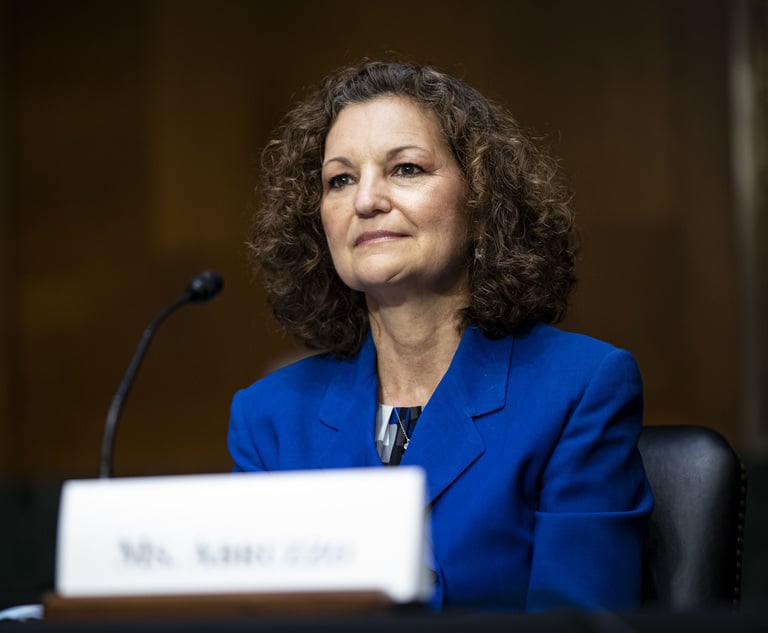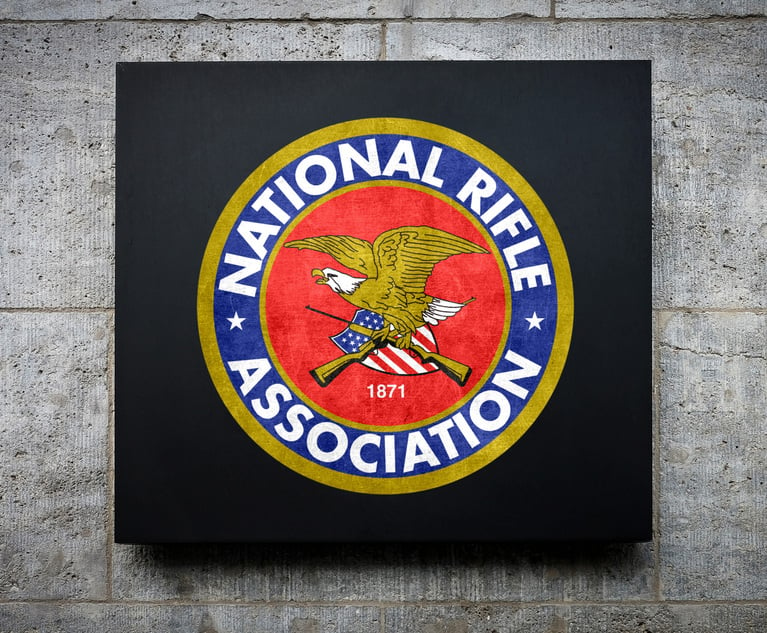We are proud to report that in the recent decision, State v. Holmes, 334 Conn. 202 (2019), the Supreme Court invites us to take a closer look at how juries are selected, or perhaps to be more accurate, at how individual jurors are rejected. The court used this case to announce a Jury Selection Task Force comprised of “relevant stakeholders in the criminal justice and civil litigation communities to study the issue of racial discrimination in the selection of juries, consider measures intended to promote the selection of diverse jury panels and to propose necessary changes, to be implemented by court rule or legislation, to the jury selection process.” To appreciate the significance of this new enterprise, a little background is necessary.
In 1986, the U.S. Supreme Court held in Batson v. Kentucky, 476 U.S. 79, that it is a violation of the Equal Protection Clause of the Fourteenth Amendment to use a peremptory challenge during jury selection to remove a potential juror because of race. The court explained that it established this rule because discrimination in jury selection on grounds of race “causes harm to the litigants, the community, and the individual jurors who were wrongfully excluded from participation in the judicial process.” Then in 2002, 2005, and 2008, building on Batson, the court issued a series of opinions reminding appellate courts that they are required to conduct a comparative analysis of jurors selected and rejected in the same case. And in the 2016 decision Foster v. Chatman, the U.S. Supreme Court reinforced the need for careful scrutiny of prosecutors’ peremptory strike decisions by finding a Batson violation even though only some of the prosecution’s reasons for its strikes were pretextual.







